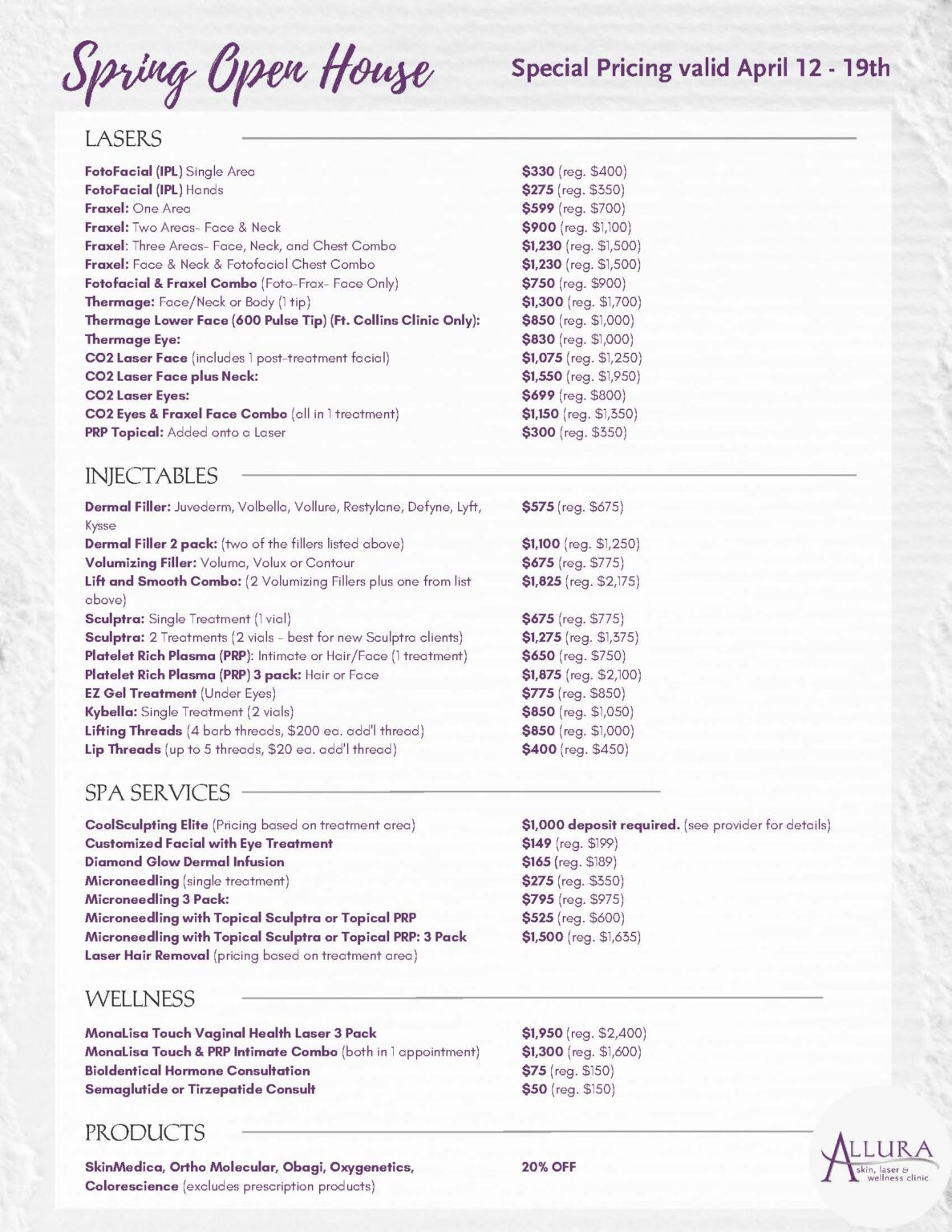What is Hyaluronic Acid?
Hyaluronic Acid, often abbreviated as HA, is a newly popular skincare product that comes with amazing claims, like hydration and better looking skin.
Hyaluronic acid is a naturally occurring substance in our bodies, commonly found in our skin, eyes, and connective tissues like joints. Hyaluronic Acid helps our bodies retain water and moisture to keep us hydrated and lubricated.
Plus, since it is naturally found in our bodies, the chances of people having adverse reactions to it are low. Although, it’s worth noting that the ingredient in serums and products is a synthetic version of HA.
As we age, our bodies produce less hyaluronic acid, which can contribute to drier skin – causing wrinkles, and sagging skin.
Hyaluronic Acid has been studied for over 100 years and was found to be beneficial for the treatment of joint and skin diseases, wound healing, and soft tissue augmentation.

6 Reasons Hyaluronic Acid Serums Are Trusted For Healthier, Brighter Skin
1. Hydration!
The #1 word you’ll hear surrounding hyaluronic acid is hydration. Hyaluronic acid has the ability to hold over 1000 times its weight in water by drawing moisture from the air and binding to water molecules, keeping your skin moist and plump.
2. Long Lasting Results Due to Humectants
Humectants are used A LOT in skincare. Think of a humectant like a sponge; it will continue to draw in and hold onto moisture after it is collected. They allow hydrogen bonding and attract water. Examples of humectants in skincare products include ingredients like glycerin, sorbitol (sugar alcohol), hexylene and butylene glycol, and of course, hyaluronic acid.
After infusing the epidermis (top layer of the skin) with valuable moisture, hyaluronic acid acts as a humectant and continues to draw moisture in from the surrounding environment. This will provide lasting hydration for the skin.
3. Reveal Tighter/Flexible Skin
As we age, our skin may start to appear saggy and droopy due to the loss of elastin. Hyaluronic acid contributes to the appearance of tighter skin by adding hydration, which plumps the skin to make it appear firmer and tighter. HA can also strengthen the skin’s barrier which will help ward off environmental issues that age and therefore sag our skin, like sun exposure, pollution, and smoking.
4. Improve Pigmentation and/or Dark Spots
Hyaluronic acid filler may help discoloration by promoting skin cell turnover and the generation of new skin cells.
5. Wound Healing
Since hyaluronic acid helps the skin retain moisture, it helps the tissue regeneration process that is involved with healing wounds. A 2016 study suggested that applying hyaluronic acid to skin can help heal wounds by relieving inflammation and regulating tissue repair.
6. Regenerates Skin Cells
Hyaluronic acid promotes skin cell regeneration by offering hydration and protecting your skin’s barrier. This process promotes new and healthier cells that results in a better looking complexion through younger, healthier, more vibrant skin with reduced appearance of fine lines and wrinkles.
Since hyaluronic acid is naturally found in our bodies, it also works well as a dermal filler and doesn’t usually cause major irritation.
Filler itself doesn’t regenerate skin cells, but injectables can add volume to scarred or pitted skin to make the skin more even and smooth.
Restylane Refyne and Defyne from Allura in Fort Collins and Loveland is the latest FDA approved advancement in hyaluronic acid (HA) dermal fillers for both women and men. The injectable treatment helps to reduce the appearance of moderate to severe nasolabial wrinkles and folds, or “laugh lines” that often become more pronounced with age.
Restylane® Refyne and Restylane Defyne are dermal fillers injected under the (facial) skin. Once injected, the gel help smooth away your “laugh lines” – the wrinkles and folds that may form at the sides of your nose and run down toward the corners of your mouth. With over one million treatments, Refyne and Defyne are proven to give your skin natural-looking results.
How does Hyaluronic Acid compare to Polyglutamic acid?
- Hyaluronic acid occurs naturally in the body, while polyglutamic acid doesn't
- Polyglutamic acid holds more moisture than hyaluronic acid
- Polyglutamic acid has bigger molecules than hyaluronic acid, which means it holds more moisture but doesn’t absorb as well into the skin
Incorporate Hyaluronic Acid Into Your Daily Routine
Pro tip: HA is best applied to slightly damp skin, as it is a molecule which retains moisture. Apply right after washing your face or straight out of the shower after exfoliating and before your other serums, treatments, and moisturizers.


